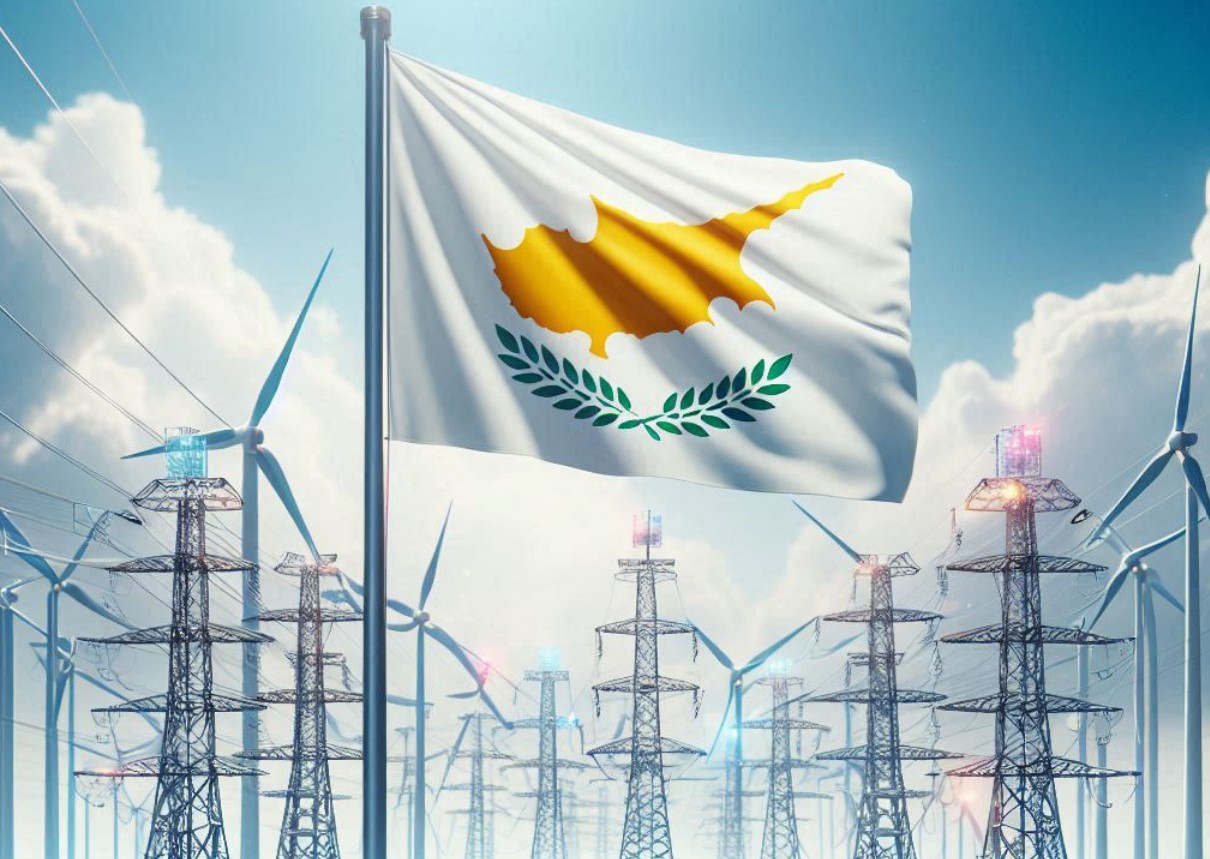The Office of the Commissioner for State Aid Control has advocated that Cyprus’ energy isolation and high energy costs, combined with other unique challenges related to the island’s energy sector, be viewed as critical factors needing special consideration when creating and applying state aid regulations.
This viewpoint was put forward by the office during its participation in the European Commission’s High Level Forum held on June 3 in Brussels.
According to a statement published on Wednesday by the Office of the Commissioner for State Aid Control, the forum, organised annually by the European Commission, focused on announcements related to policies, rules, and measures in the field of state aid.
These were based on the experiences of the European Commission and member states from the implementation of rules, developments and challenges both in the EU economy and at the international level.
A spokesperson from the Office of the Commissioner highlighted Cyprus’ energy isolation due to its insular geography, which results in high energy costs.
This relates to Cyprus’ energy dependence on fossil fuels, the lack of sufficient energy storage and natural gas infrastructure, transportation costs due to the island’s distance from other countries, Cyprus’ insular nature, and the limited integration of Renewable Energy Sources (RES) into its energy mix.
The spokesperson also stressed that these specific challenges should be taken into account in the design and implementation of state aid rules.
As stated in the announcement, based on the experience of the office, particular emphasis was placed on the need to increase aid intensities under the General Block Exemption Regulation for investment aids, as existing aid intensities are disincentives for businesses.
It should be noted that the exemption regulation allows the European Commission to declare specific categories of state aid compatible with the EU Treaty, exempting them from a number of requirements.
The announcement also highlighted that the office requested coverage of large enterprises for investment aids, extending beyond the start of new economic activities, citing that such a restriction limits the potential development these enterprises could achieve.
Moreover, there was a discussion on the need to reduce transportation costs in the agriculture sector due to Cyprus’ geographical location and the specificities concerning weather conditions, such as prolonged dry periods and small agricultural plots.
“Our office did not fail to mention that more emphasis should be given to the green and digital transformation of European SMEs, the need for increased legal certainty and more transparency to counterbalance the decentralisation of rule application,” the announcement stated.
“Additionally, rules for state aid only regulate equal terms of competition within Europe, without also ensuring equal terms of competition for European industry in global competition,” it added.
The announcement mentioned that Bernardus Smulders, Deputy Director-General of the Directorate-General for Competition, and Margrethe Vestager, Vice-President of the European Commission and Commissioner for Competition, participated in the High Level Forum.
Representing Cyprus, the Office of the Commissioner for State Aid Control participated in the High Level Forum through its officer, Ioannis Ioannou.







Click here to change your cookie preferences